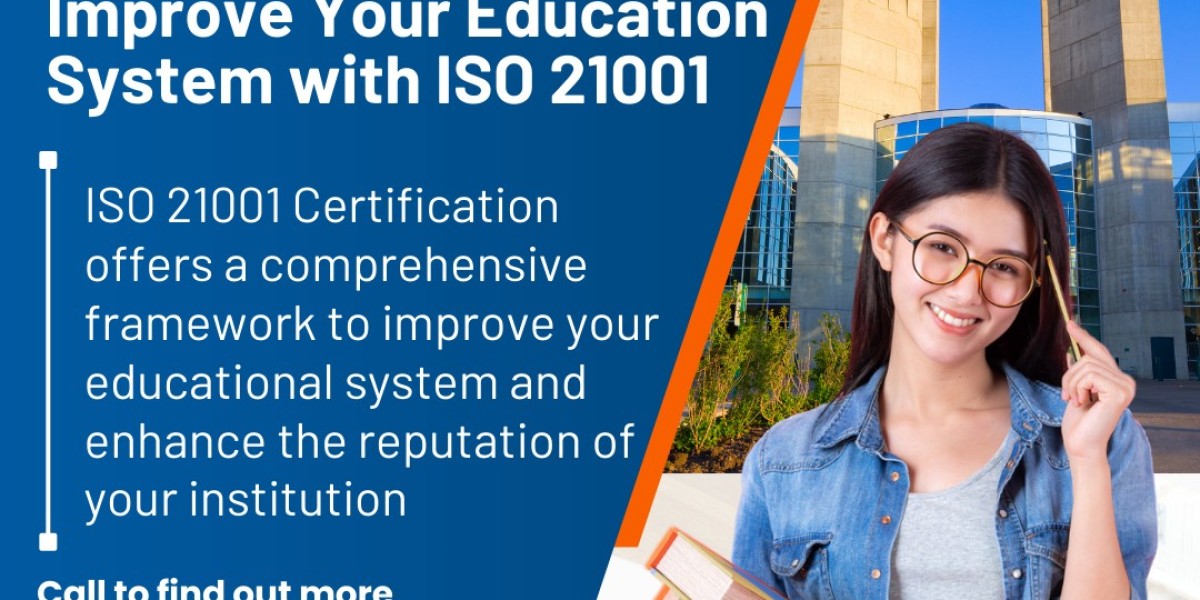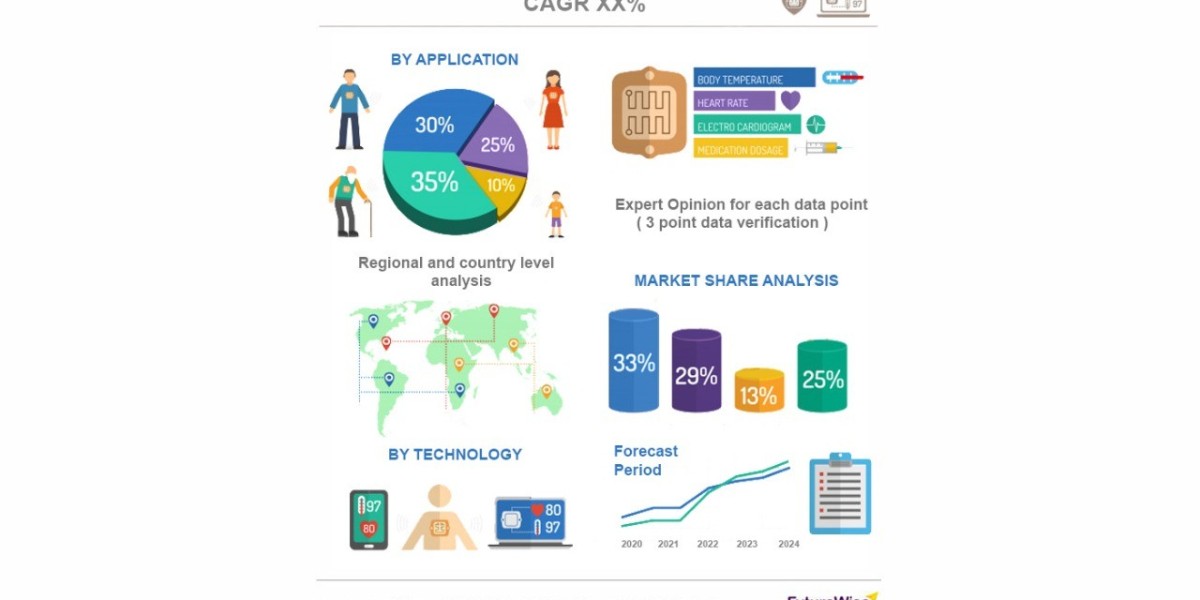In today’s knowledge-driven society, educational organizations play a crucial role in shaping individuals and societies. To ensure the delivery of quality education and the continuous improvement of educational processes, many institutions turn to international standards like ISO 21001. This standard provides a framework for educational organizations to improve their processes, meet learners' needs, and enhance overall effectiveness. But what exactly are the core principles of ISO 21001?
Whether you’re an educational institution looking for ISO 21001 Certification in Bangalore or seeking expert guidance from ISO 21001 Consultants in Bangalore, understanding these principles is vital. Let's explore the key principles that form the foundation of ISO 21001.
1. Focus on Learners and Other Beneficiaries
At the heart of ISO 21001 is the commitment to meet and exceed the needs of learners and other beneficiaries, such as parents, employers, and the community. Educational institutions must continuously evaluate learner expectations and satisfaction levels to provide high-quality and relevant education. This learner-centric approach ensures that educational services are meaningful and aligned with learners' goals.
2. Visionary Leadership
Strong leadership is essential for any educational institution to succeed. ISO 21001 emphasizes the need for visionary leaders who establish a clear purpose and strategic direction. Effective leadership ensures that all processes align with the organization’s mission, values, and long-term goals. Institutions looking for ISO 21001 Services in Bangalore often seek guidance on strengthening their leadership systems and decision-making frameworks.
3. Engagement of People
The involvement of competent, empowered, and engaged individuals is critical to the functioning of any educational organization. This includes teachers, staff, administrative personnel, and even learners. ISO 21001 promotes a culture of collaboration, open communication, and shared responsibility, enhancing motivation and performance across all levels.
4. Process Approach
ISO 21001 encourages institutions to view all activities as interconnected processes that contribute to the overall effectiveness of the management system. By understanding how these processes interact, institutions can streamline operations, reduce inefficiencies, and achieve consistent results. This structured approach is particularly beneficial for schools and colleges applying for ISO 21001 Certification in Bangalore, as it facilitates smoother compliance and better outcomes.
5. Improvement
Continuous improvement is a core tenet of ISO 21001. Educational organizations are expected to monitor, measure, analyze, and enhance their systems regularly. This focus on ongoing development helps institutions adapt to changing educational needs, innovate in pedagogy, and deliver better experiences for learners.
6. Evidence-Based Decisions
Decisions should be grounded in data and objective analysis rather than assumptions or guesswork. ISO 21001 promotes the use of assessments, audits, feedback, and performance indicators to guide planning and improvements. For institutions working with ISO 21001 Consultants in Bangalore, adopting data-driven strategies often becomes a game-changer in achieving operational excellence.
7. Relationship Management
Educational organizations must manage relationships with relevant interested parties—such as suppliers, regulators, and the community—to sustain long-term success. ISO 21001 recognizes the importance of stakeholder engagement and encourages institutions to build strong, mutually beneficial partnerships.
8. Social Responsibility
Educational institutions have a responsibility to contribute positively to society. ISO 21001 supports initiatives that promote accessibility, inclusivity, and equal opportunities for all learners. By aligning with this principle, institutions not only fulfill ethical obligations but also enhance their social reputation.
ISO 21001 is more than just a standard; it’s a powerful tool for driving excellence in education. For institutions aiming to elevate their quality of service, aligning with its principles is a step in the right direction. If you're seeking to implement this standard, choosing professional ISO 21001 Services in Bangalore or consulting experienced ISO 21001 Consultants in Bangalore can make the process smoother and more effective.
From international schools to skill development centers and universities, ISO 21001 offers a structured path to improving educational outcomes and stakeholder satisfaction. Embracing these principles can pave the way for long-term success in the dynamic world of education.









